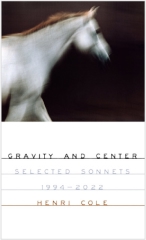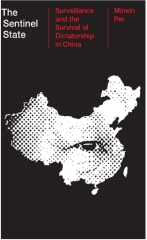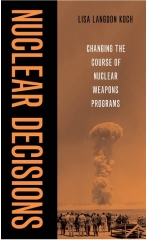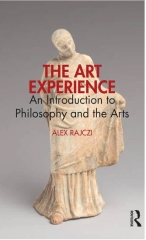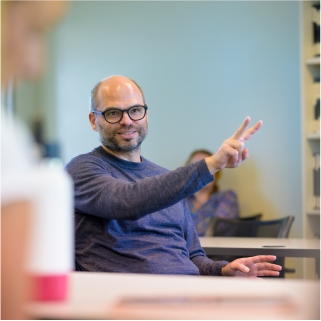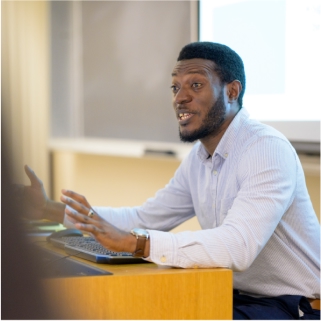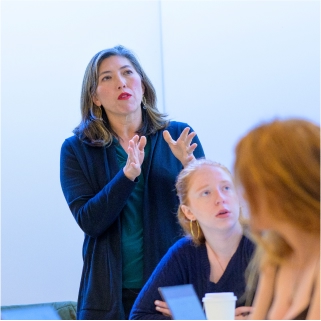On The Bookshelf
Throughout the year, CMC faculty were prolific—publishing books that showcase their research and artistry while deepening our collective conversation. Here is a selection of recent publications from CMC authors, including an illuminating poetry collection; an analysis of the politics of nuclear proliferation; an examination of modern Chinese dictatorship; and a philosophical exploration of the nature of art and aesthetic value.
